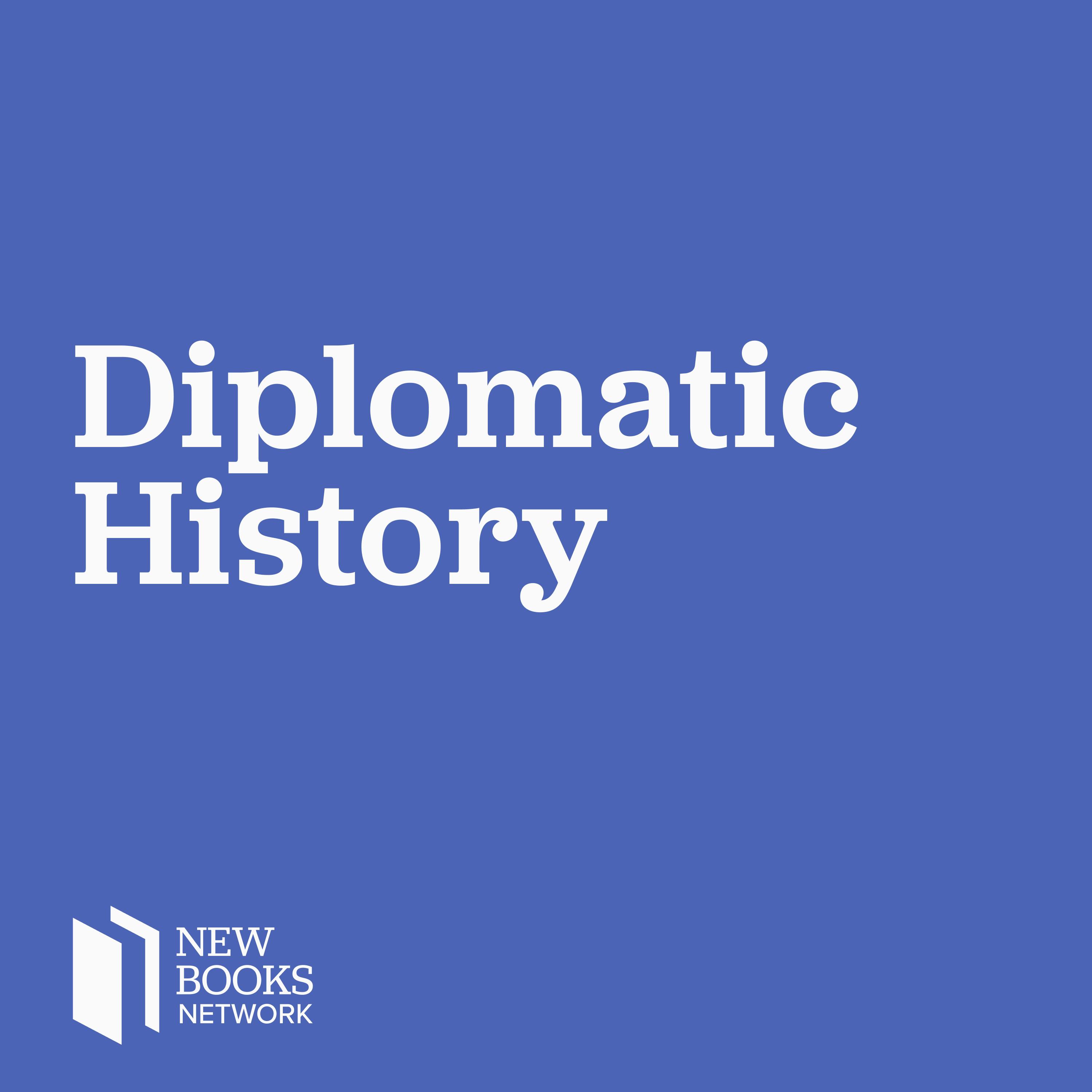Michael David-Fox, “Showcasing the Great Experiment: Cultural Diplomacy and Western Visitors to the Soviet Union, 1921-1941” (OUP, 2011)
People who care about other places (and that’s not everyone) have always thought of Russia as a strange place. It doesn’t seem to “fit.” A good part of Russia is in Europe, but it’s not exactly “European.” Russia has natural resources galore, but it’s surprisingly poor. Russians have written a lot of great literature, but for most of Russian history most Russians have been illiterate. Russia has produced some great scientists, but it has also produced some catastrophically bad ones (see “Trofim Lysenko” for more).
The most consistent of the Russian inconsistencies has to do, however, with politics. Russia has had a lot of very “enlightened” rulers. Peter, Catherine, Alexander (two of them), and, of course, Lenin and co. These folks took the best theories the West had to offer and put them into practice, or at least tried to. The results, however, were usually disastrous, and never so much so as in the case of the Bolsheviks. In the name of progress, they arguably created the most despotic state in history.
Interestingly, many of the people who cared about other places–especially Western Leftists–didn’t notice this contradiction between theory and practice. Why? The ordinary answer (and, I should add, a quite convincing one) is that they loved the theory, so they were willing to overlook the practice. But, as Michael David-Fox shows in his highly original Showcasing the Great Experiment: Cultural Diplomacy and Western Visitors to the Soviet Union, 1921-1941 (Oxford University Press, 2011), that was not the only reason the Western Leftists got it wrong. Another reason, and one David-Fox explores in great detail using a remarkable range of archival sources, is that the Soviets built a PR machine to send the right message to the fellow-travelers. They wined them, dined them, and showed them the many (and carefully selected) victories of socialist labor.
Which brings us to the most fascinating part of David-Fox’s book. The fact of the matter is that the Soviets, no matter how hard they tried, could not hide what came to be known among cynical Russians as “Soviet reality.” The Soviet Union in the 1920 and 1930s was a mess of titanic proportions. The Bolshevik elite knew it (they’d been to the West and often lived there), and so did the fellow-travellers. The Western visitors in David-Fox’s book saw “Soviet reality,” and sometimes they even wrote, disappointedly, about it while they were in the USSR. But when they got home, all this “Soviet reality” was forgotten, replaced by an image of a utopia in the making.
It makes one wonder if the Soviets needed to worry about their image abroad at all, for that image was firmly evolved in the minds of Western Leftists before they ever arrived in the USSR and carried away when they left it. What happened in between arrival and departure didn’t seem to matter much.
Learn more about your ad choices. Visit megaphone.fm/adchoices

1h 10m